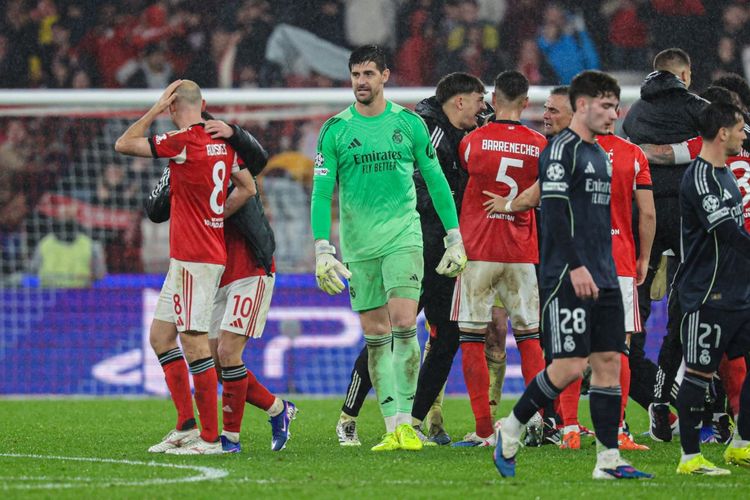
The striker of the Belgian national team was a neighbor of terrorists. However, this had no impact on his life and he is now getting ready to replace Lukaku
Report from the infamous part of Brussels
Molenbeek is 100,000 inhabitants on six square kilometers, two metro stops from the headquarters of the European organizations. The area has about twenty mosques, more than half of which are unofficial.
Это – обычная улица в Моленбееке pic.twitter.com/hgB6Xiq7K4
– Ivan Zhidkov (@ivan_zhidkov) March 20, 2019
From the “Simonis” metro station within 10 minute walk from both Molenbeek and Koekelberg, the fields of the Genesis Molenbeek Academy are located. Half past three, dads take their already dressed up sons to the training. Moms in hijabs and strollers pass by. The place is peaceful, the children are happy, the parents are smiling. Not so long ago, Adnan Januzaj, another Belgian national striker (Manchester United and Borussia Dortmund in charge) ran around the same spot. If only the world realized its own absurdity…
Закрытый клуб. Только для участников. Сквозь двери видны кубки, бар и отдыхающий человек с блестящими волосами.
– Ivan Zhidkov (@ivan_zhidkov) March 20, 2019
Здесь воспитывают новых звёзд сборной Бельгии. Но на местном ещё говорят не все pic.twitter.com/5dSjNhnniw
FC Jeunesse Molenbeek Academy prepares football players also for RWD Molenbeek. This club has a little less than 600 members, 85% of which are of Arabic origin. In training and games, “salaam alaikum” is more frequently heard than “bonjour”. The 1975 champion of Belgium and the semi-finalist of the UEFA Cup in 1970 is gradually recovering from bankruptcy thanks to the efforts of Belgian patriots. Including new ones: children from Molenbeek rarely wear Messi, Ronaldo or even Hazard jerseys – they are mostly dressed in the colors of their club, which requires affection roughly from the moment children learn to speak. The price of 350 euros, which parents spend annually, is also obligatory – not everyone has the opportunity to own a fancy closet. It is more of a “you wear what you bought” lifestyle.
Интересно, вместо Лукаку – Батшуаи? Он и Янузай росли на этих полях, говорят. Через дорогу грустный район Брюсселя Моленбеек. pic.twitter.com/FchoS6iWsE
– Ivan Zhidkov (@ivan_zhidkov) March 20, 2019
Police and Interpol were looking for Abdeslam right here. But the journalists who had identified the followers of the “wrong Salah” among the pupils of the Molenbeek academy, left disappointed. Nobody was able to feed stories about the radicalization of local football players. In addition, every second of them lives in the streets, where after sunset it is really better not to appear without a special reason.

7000 spectators watched “Molenbeek” entering the second amateur league – it says something. Away games are a serious problem because there are no stadiums in village leagues able to accommodate all Molenbeek fans. This difficulty was recently surpassed in Switzerland by FC Zurich, which in 2016 dropped one rank lower. But still, FC Zurich is a professional club, almost irreversibly assigned to the top division. Molenbeek remained on the political, but not the sports map of the TV channels. Though its patriots remained. This is the love of true Bruxelloises, those hiding in the splits – Union, which recently was in the top league and could play on King Baudouin’s because of its important municipal status. Anderlecht, the club of all Brabant, in the center of which Brussels is located, has rarely, but always painfully tripped over neighbors' fury.

The goal of RWD is to have a team in every age group, like Anderlecht or Standard. As far as ambitious, just as feasible – it is understandable why. Molenbeek has one more task: to prove that good fights evil. If you meet a boy in northern Brussels who enjoys going to the gym, you will probably stop thinking for at least a second about how scary it is to live. The clock, meanwhile, will continue to count: how many good have fled from the bad; how few good guys died and how many good guys are left; how few bad guys there are in the Molenbeek that prevent many good from living, and so on. And all this takes place in Belgium, which used to dangle around the first line of the FIFA rating.
Ivan Zhidkov


